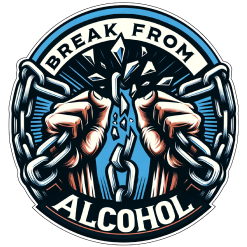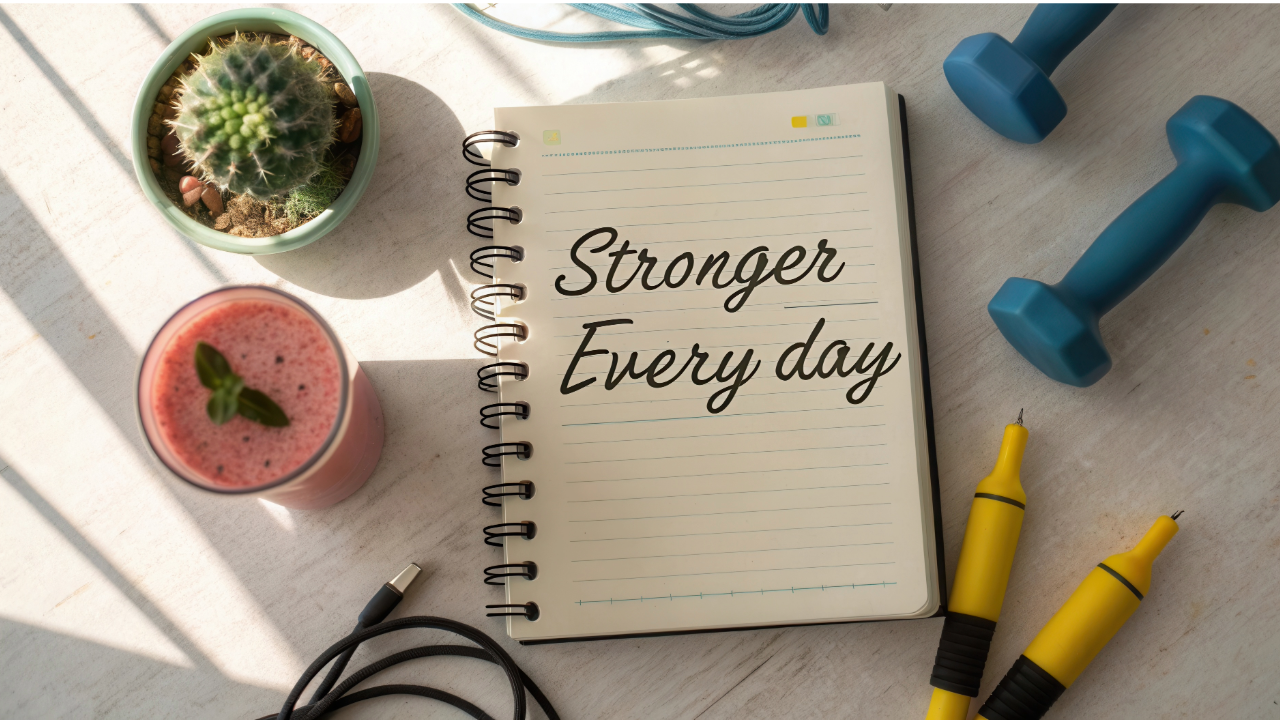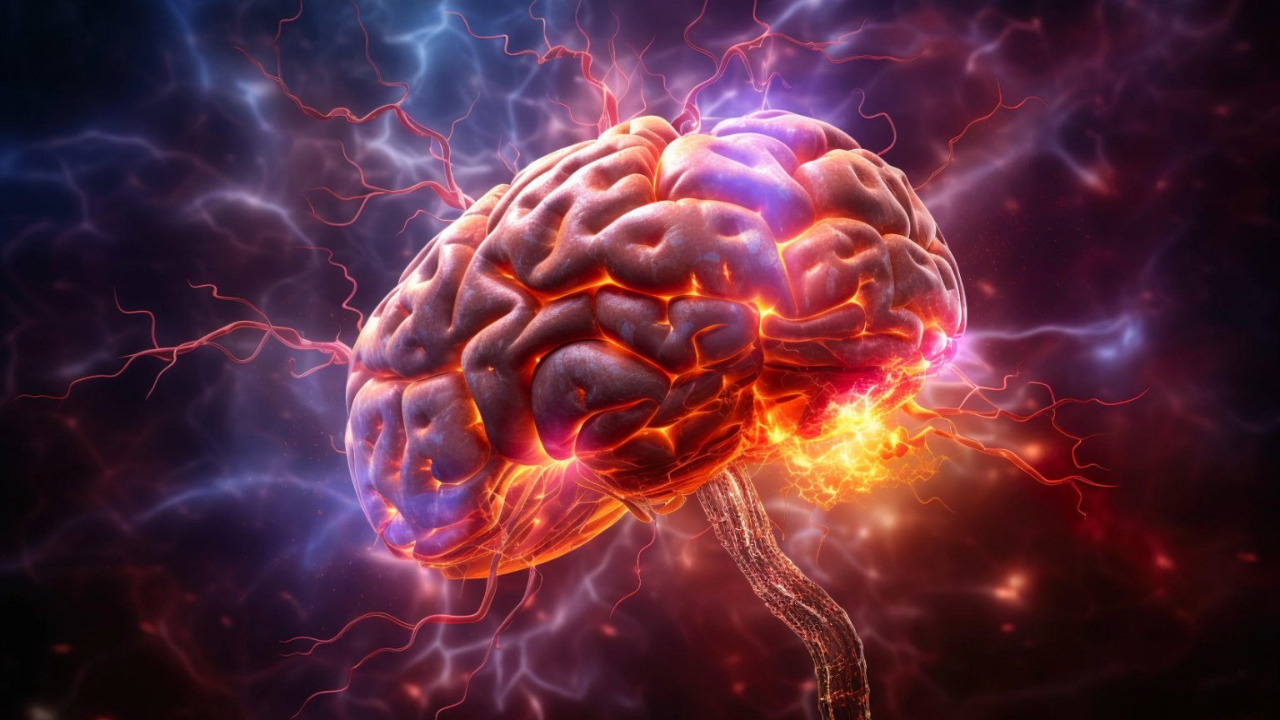Is this a Solution to Alcohol Addiction?
Aug 01, 2025
Rethinking substance abuse through connection, environment, and purpose
The Rat Park experiment changed the way we think about addiction. Instead of blaming it all on the substance itself, this groundbreaking study offered a more human, and hopeful, perspective. It showed us that addiction isn’t just about what we put into our bodies, but about what’s missing in our lives.
Here’s how this experiment still speaks volumes today, and how it ties into the journey of taking a mindful break from alcohol.
Substance Abuse Isn’t Just About the Drug, it’s About the Environment
In the original experiment, two groups of rats were observed. One group lived in tiny, empty cages with nothing but food and drug-laced water. The other group, "Rat Park" had space, toys, running wheels, and most importantly, other rats to socialize with.
The results? Rats in the isolated cages consumed much more of the drug-laced water. Rats in Rat Park, surrounded by stimulation and connection, barely touched it.
What this tells us: Our surroundings matter. When we’re supported, engaged, and connected, we’re far less likely to turn to substances like alcohol as a coping tool.
Connection is a Powerful Antidote to Craving
In Rat Park, social connection was the game-changer. The rats weren’t just entertained, they were bonded, playful, and part of something.
What this tells us: We’re wired for connection. Feeling isolated or unsupported can make us more vulnerable to alcohol use. But when we feel seen, heard, and valued, the pull toward drinking weakens.
Isolation Fuels Addiction
The rats in solitary cages were the ones who overused the morphine-laced water. That’s no surprise, and it mirrors what we see in real life. Loneliness is often a silent trigger behind many drinking habits.
What this tells us: If you’ve been drinking more during stressful or lonely times, you’re not alone, and you’re not broken. You’re human. Addressing isolation is a key part of healing.
When Life is Fulfilling, Substance Use Fades
One of the most overlooked lessons from Rat Park? When the rats had access to joy, play, purpose, and community, they no longer needed the artificial high.
What this tells us: We need outlets for pleasure, purpose, and growth. When your life feels meaningful, when you’re doing things that light you up, the need to numb yourself fades.
Substance abuse is Complex, not a Moral Failing
Rat Park helped challenge the old belief that addiction is just a personal weakness. It’s not. It’s often a response to unmet needs, chronic stress, or emotional pain.
What this tells us: True change comes when we stop judging and start understanding. A holistic approach, one that looks at your mindset, environment, relationships, and values, is far more effective than shame or willpower alone.
Change is Possible, No Matter Where You’re Starting
One of the most encouraging results? Rats who were moved from isolation into Rat Park stopped using the morphine-laced water. They adapted. They recovered.
What this tells us: Your story can change too. You’re not stuck with the habits or choices of your past. You’re capable of learning new ways to cope, connect, and care for yourself.

Change Begins When We Meet Our Real Needs
The Rat Park experiment reminds us that the antidote to addiction isn’t just detox or abstinence, it’s connection, meaning, and support.
What this tells us: Break from Alcohol isn’t about giving something up. It’s about making space for something better.
What If You’re the Rat in the Wrong Cage?
If you’ve ever felt like you’re stuck in a version of life that isn’t working, where alcohol feels like the only escape, it’s not because you’re weak. It might just mean your environment, connections, or support system needs a reset.
That’s what Break from Alcohol is here for. Through their True Self Reset™ Model they offer a science-backed, deeply compassionate approach helping individuals reconnect with who they truly are, without alcohol.
Ready to find your own version of Rat Park?
Join our community, explore our guided 90-day program, and start building a life that doesn’t need alcohol to feel good.







